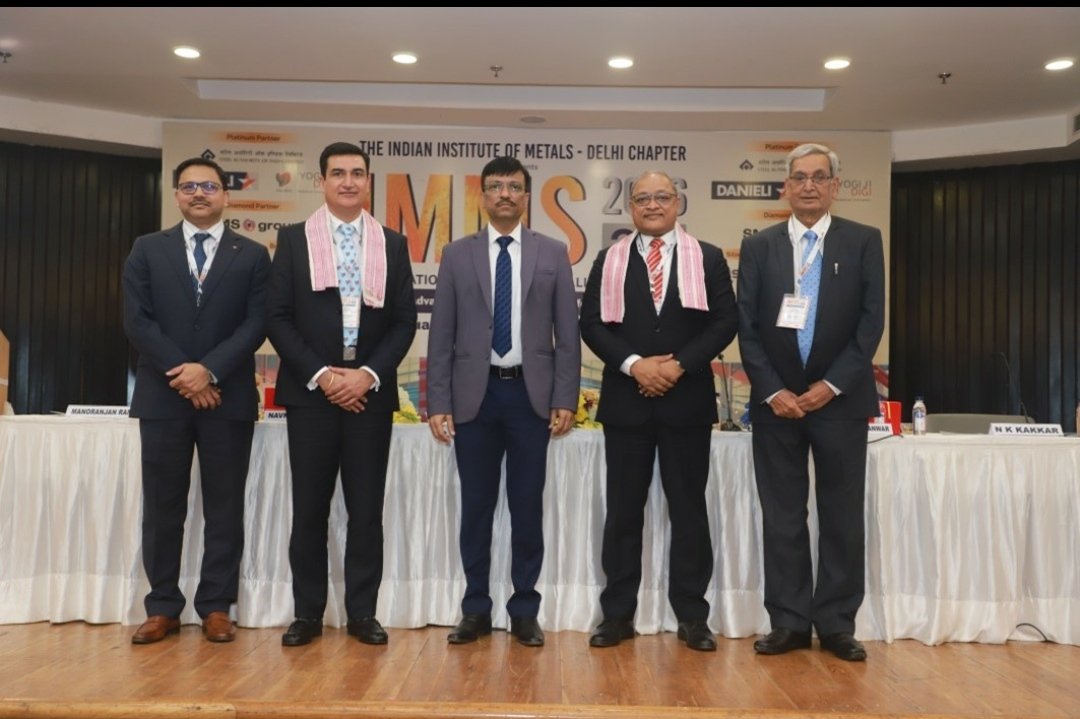High efficiency mask using waste pet bottle claims researchers at IIT Mandi.
Researchers at IIT Mandi claim to have developed a technology for making high efficiency masks using waste pet bottles that are not only more breathable than commercially available masks but also can be washed and reused up to 30 times.
The team at the Indian Institute of Technology Mandi has also filed a patent for the waste plastic bottles derived filter membrane technology based on electrospinning.
The researchers shredded waste plastic bottles and dissolved the pieces using a combination of solvents and extruded nanofibers from the solution.
According to Sumit Sinha Ray, Assistant Professor, IIT Mandi, the team used waste plastic bottles to develop a single thin layer of nano nonwoven membrane that provides desirable particle filtration efficiency, at par with N95 respirator and a medical mask.
“The first concern that comes to mind when we hear that something is made of plastic is whether it is safe to use.
These nanofibers meet the safety requirements of the user by excluding the bacteria and infectious components.
The breathability in the developed masks is better than the commercially available masks.”
“At the laboratory scale, the material cost for the mask was around Rs 25 per piece.
However, during the commercial manufacturing stage, its cost will be nearly halved. The mask can be washed and reused up to 30 times,” Mr. Ray told PTI.
“Nanofibres can do wonders for masks. Airborne particulate and pollutant removal efficiency and breathability are the two main criteria for efficient masks. Commercially available melt blown fabric based masks can be efficient at a cost of high breathing resistance, whereas generic three-ply surgical masks are breathable but have meagre efficiency. Nanofibers based masks can filter out small particles effectively despite being comfortably breathable,” he explained.
The team claimed that the masks will not require any separate protocol to be followed for their disposal than the standard hygiene measures.Ashish Kakoria, a research scholar at the institute and one of the team members, said,”These ultrafine fibres allow less resistance in airflow due to a unique phenomenon called ‘slip flow’ which improves breathability.
Moreover, the thrown away PET bottles can be put to good use using this technique.”
The coronavirus pandemic has mandated the use of masks by people to avoid contracting the infection.
Courtesy: PTI





